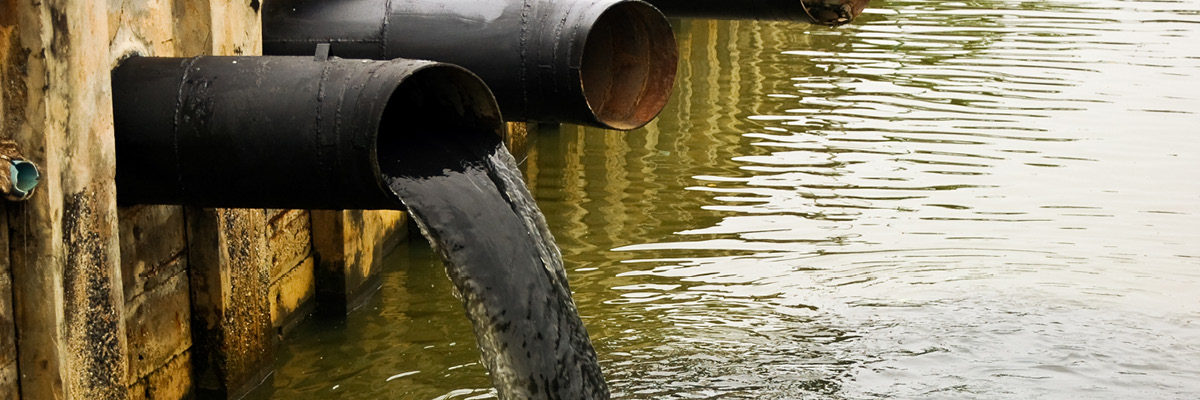How to Fight Fall Allergies
SUNDAY, Aug. 27, 2017 (HealthDay News) -- People who suffer from allergies may start sneezing and wheezing in the fall, but there are things they can do to ease their seasonal misery.
"If it feels as though your allergy symptoms flare up earlier and earlier every year, you're probably not wrong," said Dr. Stephen Tilles, president of the American College of Allergy, Asthma and Immunology (ACAAI).
"Climate change may actually be causing an earlier and longer fall allergy season," he added in an ACAAI news release. "In addition, windy days can mean heightened allergy symptoms, because wind can carry the pollen from ragweed, grasses and trees up to 100 miles from its source."
Tilles provided the following tips to help people with seasonal allergies avoid flare-ups of their symptoms:
- Plan ahead. So-called "fall" allergens actually start to appear in mid-August. If you rely on allergy medication, start taking it about two weeks before your symptoms appear. It's also important to not stop taking your allergy medication until pollen counts have been down for about two weeks.
- Minimize mold. Mold is nearly impossible to eliminate. It tends to grow wherever there is water, particularly basements, bathrooms and near sinks. Mold also lurks outside, even in piles of dead leaves. The best way to limit the growth of mold is to minimize moisture. Use fans in the bathroom and clean up standing water right away. Scrub visible mold from any surfaces and ensure they are kept clean and dry. Keeping the humidity in your home below 60 percent and routinely cleaning gutters is also a good idea.
- Avoid pollen. Ragweed and other pollens that trigger allergy symptoms must not be brought into your home. Be sure to take your shoes off when you walk through your door. If you've been outside working, exercising or playing, take a shower and change your clothes to wash off any pollen that sticks to your hair or body. Keep your home and car windows closed and use an air conditioner, particularly when pollen counts are high. If you are doing yard work, consider wearing gloves and a NIOSH-rated 95 filter mask. Those with severe allergies may want to avoid outdoor chores entirely.
- Seek help. An allergist is trained to identify your allergens and provide an individualized treatment plan for you. Aside from allergy medication, these doctors can provide immunotherapy -- or allergy shots that target your specific triggers. This can dramatically ease your symptoms.
More information
The American Academy of Allergy, Asthma and Immunology has more about how to ease seasonal allergies.
SOURCE: American College of Allergy, Asthma and Immunology, news release, Aug. 18, 2017
Date Published: 8/27/2017 12:00:00 AM

